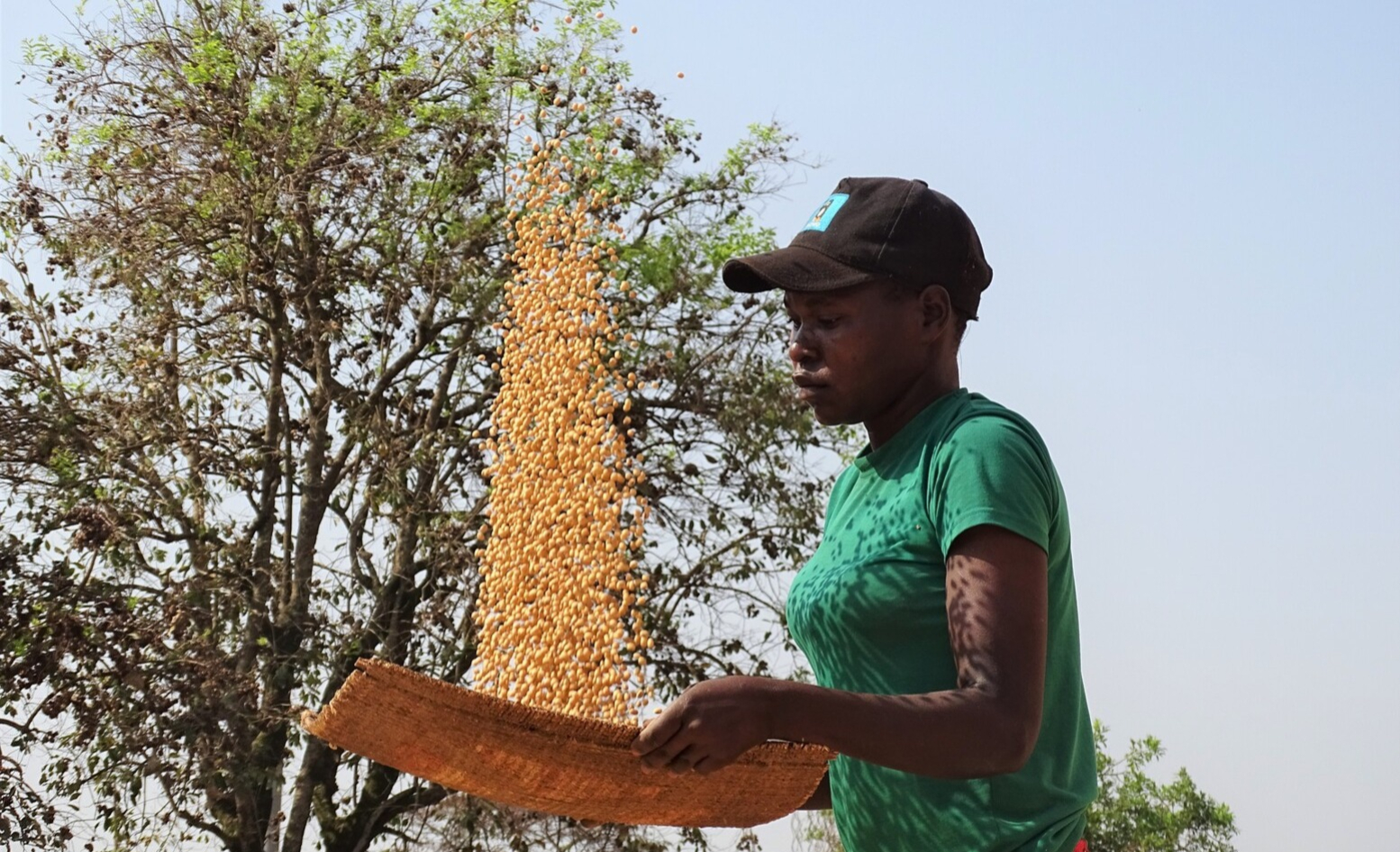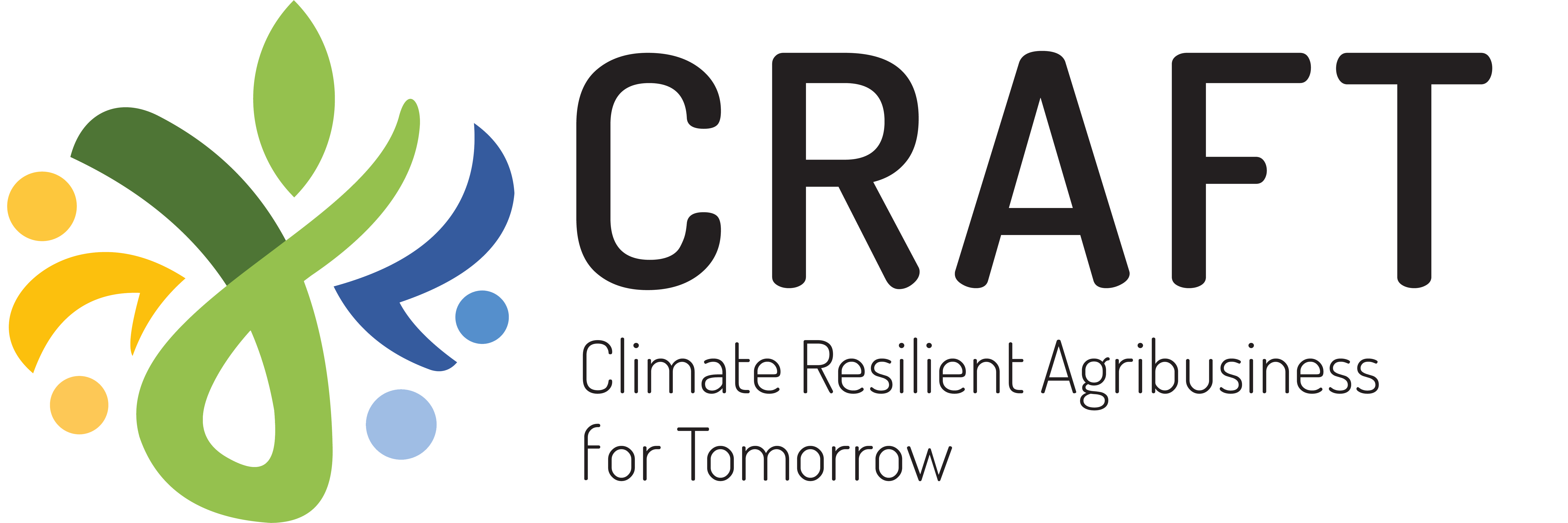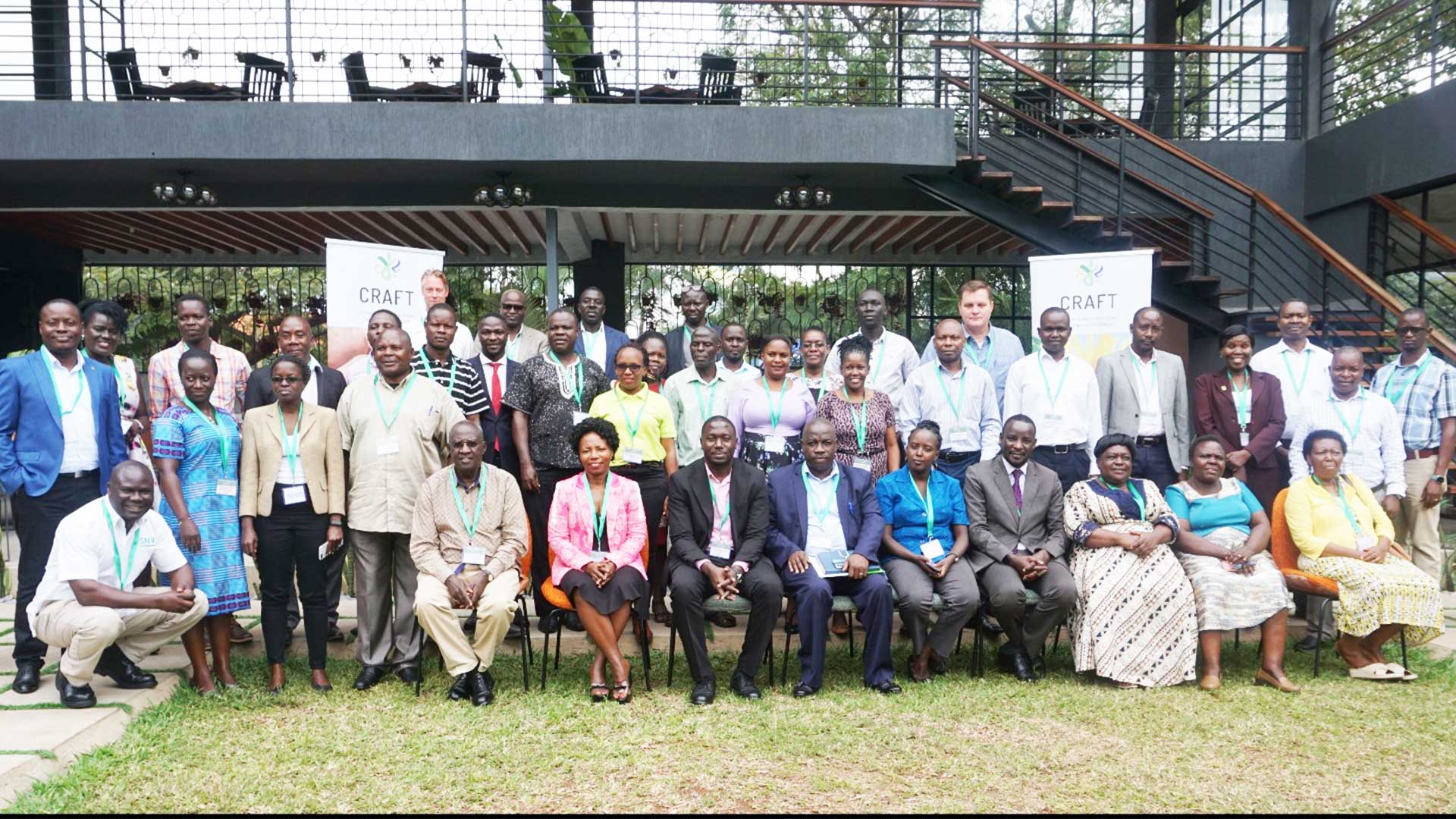This was at a multi stakeholder meeting attended by different key stakeholders from the government, private sector, civil society, and farmer organisations. Stakeholder in attendance included Ministry of Agriculture, Animal Industry and Fisheries (MAAIF), National Agricultural Research Organization (NARO), Uganda National Meteorological Authority (UNMA), Food and Agriculture Organisation of the United Nations (FAO), Uganda National Farmer’s Federation (UNFFE), National Organic Agriculture Movement of Uganda (NOGAMU), Association of Strengthening Agricultural Research in Eastern and Central Africa (ASARECA), and Global Green Growth Institute (GGGI).
The CSA MSP is intended to create space for diverse CSA players to foster collaboration, guide CSA development agenda, and influence sector transformation necessary to improve the enabling environment that facilitate CSA rollout in the country. Additionally, the CSA-MSP will strengthen the systemic capacity to monitor climate change in Uganda, project the likely impacts of climate change on local agri-food systems, identify improved technologies that can strengthen the resilience of those systems in the face of climate change, support transfer knowledge about the improved technologies to agri-food system actors and Create awareness/highlight significance of CSA using evidence and science from CRAFT project.
Currently, different actors are implementing CSA interventions in silos and there is a risk of duplication of efforts. Andrew Noah Chebet - CRAFT’s Agribusiness Advisor noted that the lack of CSA-MSP usually results in duplication and decreased impact. “If individual projects work alone, we don’t achieve much and if CSA actors work collaboratively, we achieve more impact through joint learning, synergies and innovative solutions and minimise duplications,” he noted.
Dr John Recha, Climate Smart Agricultural and Policy Scientist at International Livestock research Institute added that “A CSA-MSP will address challenges that no single entity has ability, capacity, or resources to effectively achieve on their own. A CSA-MSP will enhance the mobilisation of financial and manpower resources, exchange of information on technologies and practices, and create an enabling environment for useful engagement to deal with the effects of a changing and variable climate.”
The review of relevant policy landscape in Uganda revealed that at least six government policy documents such as Uganda Climate Smart-Agriculture Country Programme 2015-2025, The National Agricultural Extension Strategy (NAES) 2016-2021), National Adaptation Plan for the Agricultural Sector 2018 recommended and expressed the need for a CSA-MSP. The review also found that the existing CSA Task Force is occasionally used for adhoc tasks and doesn’t have a strategic objective or operational structure.
These discussions triggered the development of a framework to guide the formation of CSA-MSP applicable in Uganda – highlighting desired/anticipated achievements, identify key stakeholders to join the steering committee, possible thematic working groups and possible role for each group.

Dr Patience Rwamigisa - Assistant Commissioner Extension Services at Ministry of Agriculture Animal Industry and Fisheries giving opening remarks at the MSP meeting in Kampala
Dr Patience Rwamigisa, the Assistant Commissioner Extension Services at MAAIF welcomed the idealisation of CSA - MSP and emphasized that development partners, research, private sector, and other partners need to work in harmony to achieve a common goal instead of competing. “We all need to work in a coordinated manner in such a way that we complement each other, but not competing against one another,” – Dr. Rwamigisa.
Komayombi Bulegeya - Chairperson, Uganda Potato Platform agreed saying that “The CSA MSP will bring together the public sector, private sector, and development partners to work together to tackle the climate- related problems that face farmers.”
Dr. Rwamigisa also explained that MAAIF is developing a policy mechanism on contributions of Non-State Actors in CSA space in Uganda and anticipated that such a CSA-MSP will be crucial in policy development processes and coordinate the contributions of all stakeholders and partners in Uganda. “Therefore, I will also need strategic collaboration and input from stakeholders so that we achieve food and nutrition security in Uganda,” he added.
He also revealed that MAAIF is re-strategizing to ensure sustainable production without endangering the ecosystem. “As a ministry we shall be coming back to you to ensure that all of us are championing Agro Industrialisation and climate-smart production in a sustainable manner that also addresses the climate related risks,” he added.
Under the CSA-MSP, thematic working groups which included coordination and resource mobilisation, networking and partnerships/gathering/collaboration/stakeholder mobilisation, knowledge and information management, policy advocacy and resource mobilisation were formed. These groups will ensure the performance of the CSA-MSP across these various themes.
In Uganda, CRAFT is working with smallholder farmers through private sector (cooperatives and agribusinesses small and medium enterprises) in the four value chains of soybean, sunflower, potato, and sesame to scale the adoption of CSA practices and technologies by smallholder farmers.










